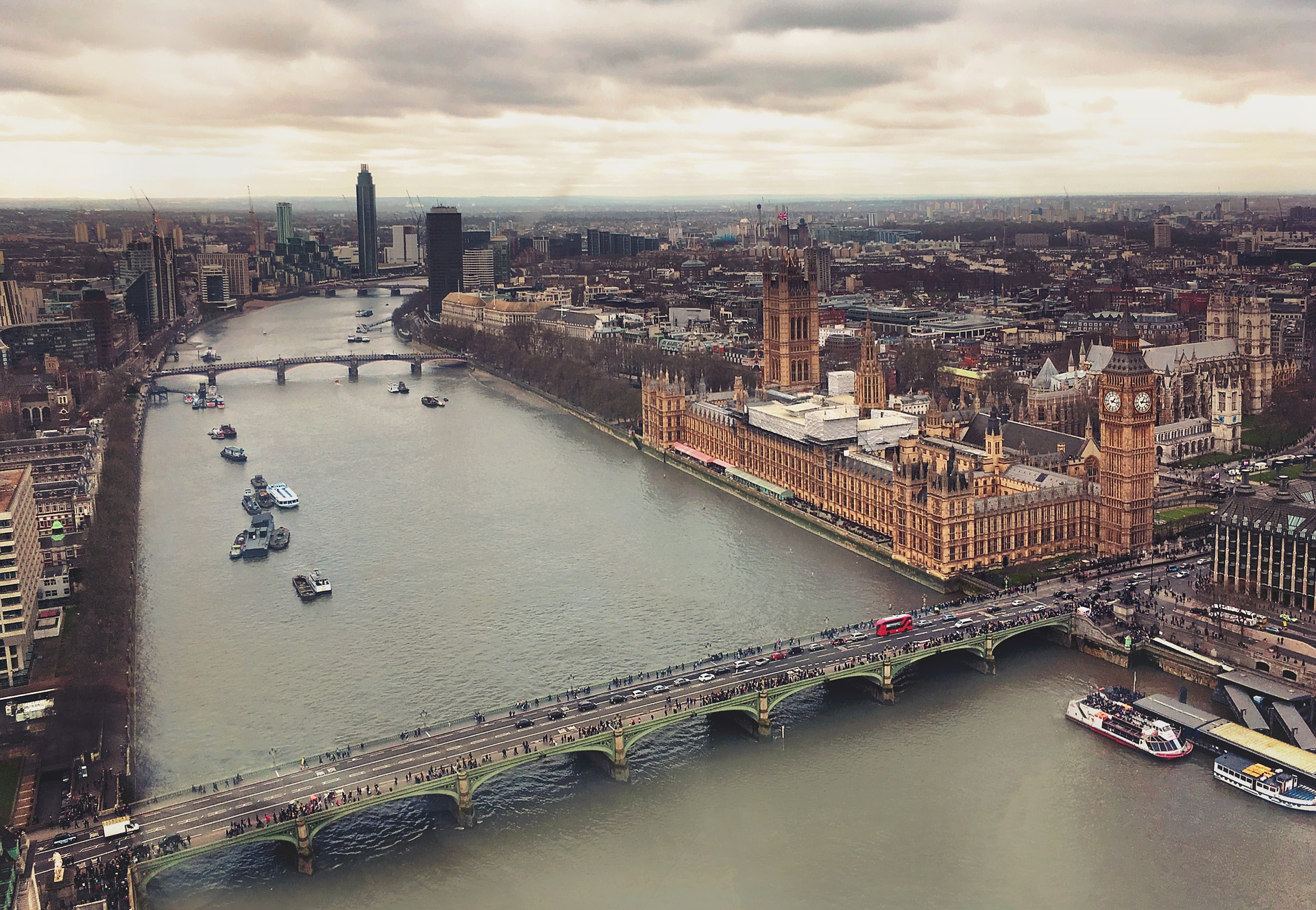
California-sur-Manche or Singapore-on-Thames?
In 2020 the UK finally left the EU, though trade negotiations grind on and maintaining a level playing field for business remains a major sticking point. The Brexiteer wing of the governing Conservative Party has aspirations for the UK to become Singapore-on-Thames - an ultra business-friendly, low-regulation competitor to the European social model. But the Johnson government seems more ready to embrace a levelling-up agenda with technology delivering a net-zero economy - a centre-piece of the government's post-Covid recovery plans. So are the EU’s fears of the UK tearing up its rule book to gain a competitive advantage justified? Or is the UK instead becoming more California-sur-Manche - a location for high environmental standards and a generator of innovative policies, providing a model to which the EU and the rest of the world can aspire?
The government hopes that by creating the largest market for electric vehicles in Europe it will attract investment in cell and electric vehicle manufacturing. It has put its money where its mouth is with £1.3 billion (€1.4 billion) for charging infrastructure and half billion pounds to extend purchase grants for battery electric vehicles. The commitment is already paying off. Britishvolt has announced a £2.6 billion investment in a gigaplant in north-east England that is set to open in 2023, creating 8,000 jobs.
In the run-up to the COP26 climate conference in Glasgow next November, the government is desperate to demonstrate its international leadership through climate diplomacy. It has even forged an international alliance of countries with plans to phase out cars with engines. (Germany declined to attend.) But in other aspects of environmental policy the UK government is adopting a softer line on environmental standards. The new Environmental Bill, that replaces much EU environmental regulation, has been stalled in Parliament for months and fails to offer the same safeguards as EU rules. The government has refused to make achieving healthy air even a long-term aspiration, and continues with a huge new road-building programme that will simply drive up emissions. Monsieur Barnier and his team of EU trade negotiators are right to be wary of the UK government’s schizophrenic attitude to the environment.
As 2020 chimes to a close the UK sheds the last threads binding it to the EU. It is now clear there are opportunities for Britain to cut transport emissions by being outside of the EU that wouldn’t otherwise be possible. A California-like UK will challenge EU-institutions to go further and faster in some aspects of policy including electric vehicles. In reality there is little appetite, beyond hardcore Brexiteers, for the UK to become Singapore-on-Thames. But T&E, and other NGOs, will need to remain vigilant and actively challenge the government where there are attempts to retreat from high EU environmental standards – alongside pushing for innovative policies that could become a model for future EU rules.
